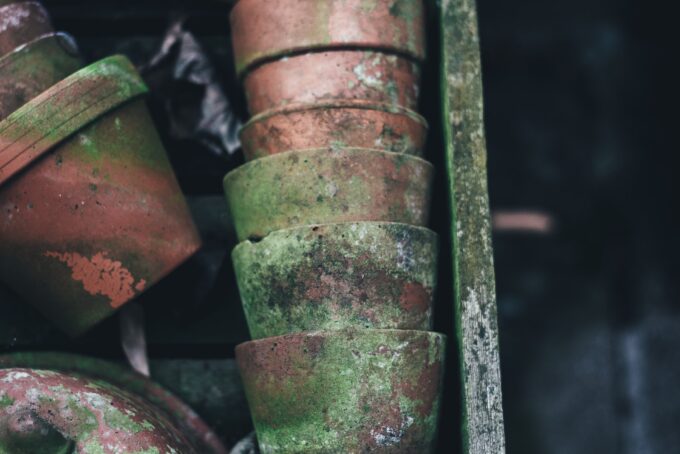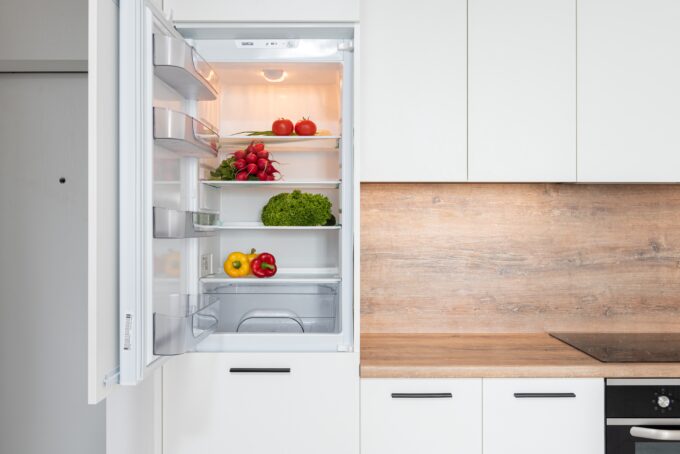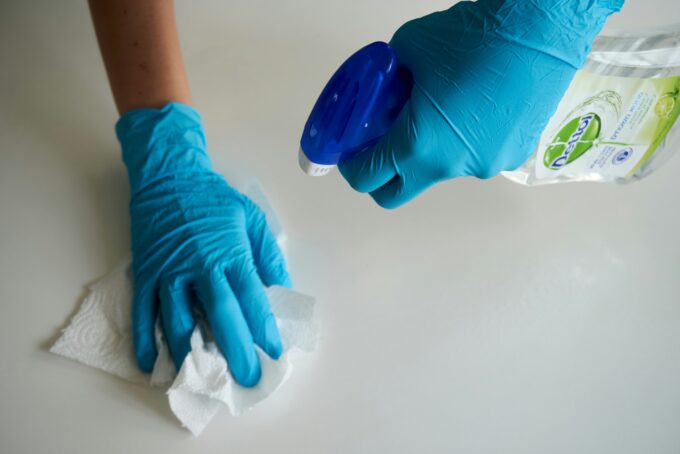Many people don’t think twice about pouring hot grease down the drain, but doing so can cause serious damage to your pipes. When you have leftover grease, the worst thing you can do is pour it into your sink, yet it’s a common mistake that can lead to costly plumbing issues down the line. So, what really happens when you pour grease down the drain?
Before you reach for that bottle of dish soap to try to wash it away, let’s talk about what’s actually happening when grease goes down the sink.
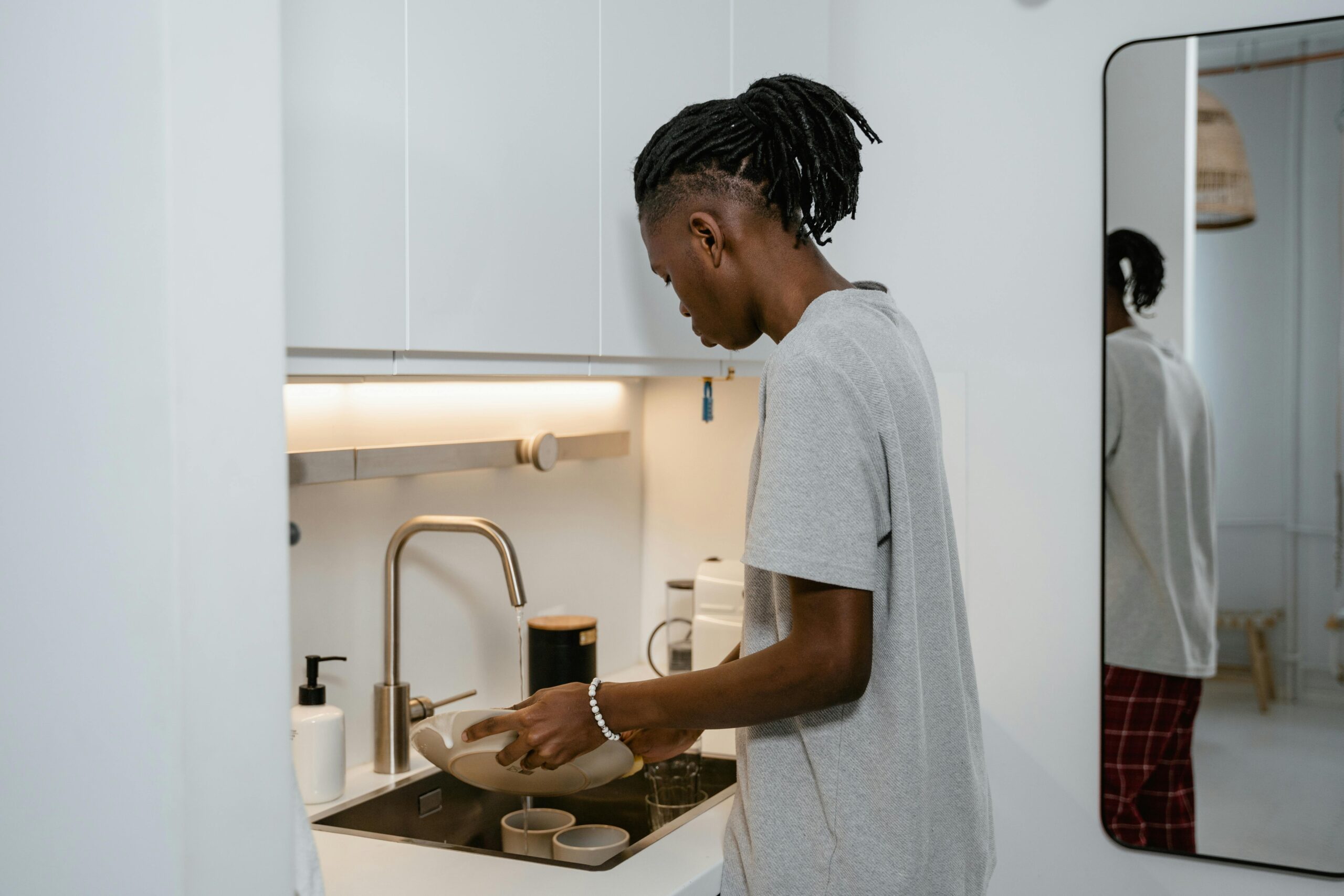
What Happens if You Pour Grease Down the Drain
Many believe pouring liquid grease down the drain before it solidifies is harmless. It’s a common misconception; after all, it seems logical that liquid grease would simply flush away with water. However, grease doesn’t stay liquid for long. It hardens into a thick, sticky paste that clings to your pipes as it cools. Think of it like cholesterol clogging your arteries—it won’t end well.
You might get away with it once or twice, but grease builds up over time. Eventually, this accumulation can lead to serious plumbing problems, including blockages and costly repairs.
Why You Shouldn’t Pour Grease Down the Drain
Pouring grease down the drain can lead to many problems, especially if your plumbing system includes outdoor pipes or those running through unheated areas. When you run water, it pushes the grease through the pipes, but as it encounters colder sections, the grease solidifies even faster, creating stubborn clogs that are difficult to remove.
Once grease starts clogging your pipes, it doesn’t just stop there. Other debris like food particles, hair, and soap scum will stick to the grease, exacerbating the problem and potentially leading to even more severe blockages.
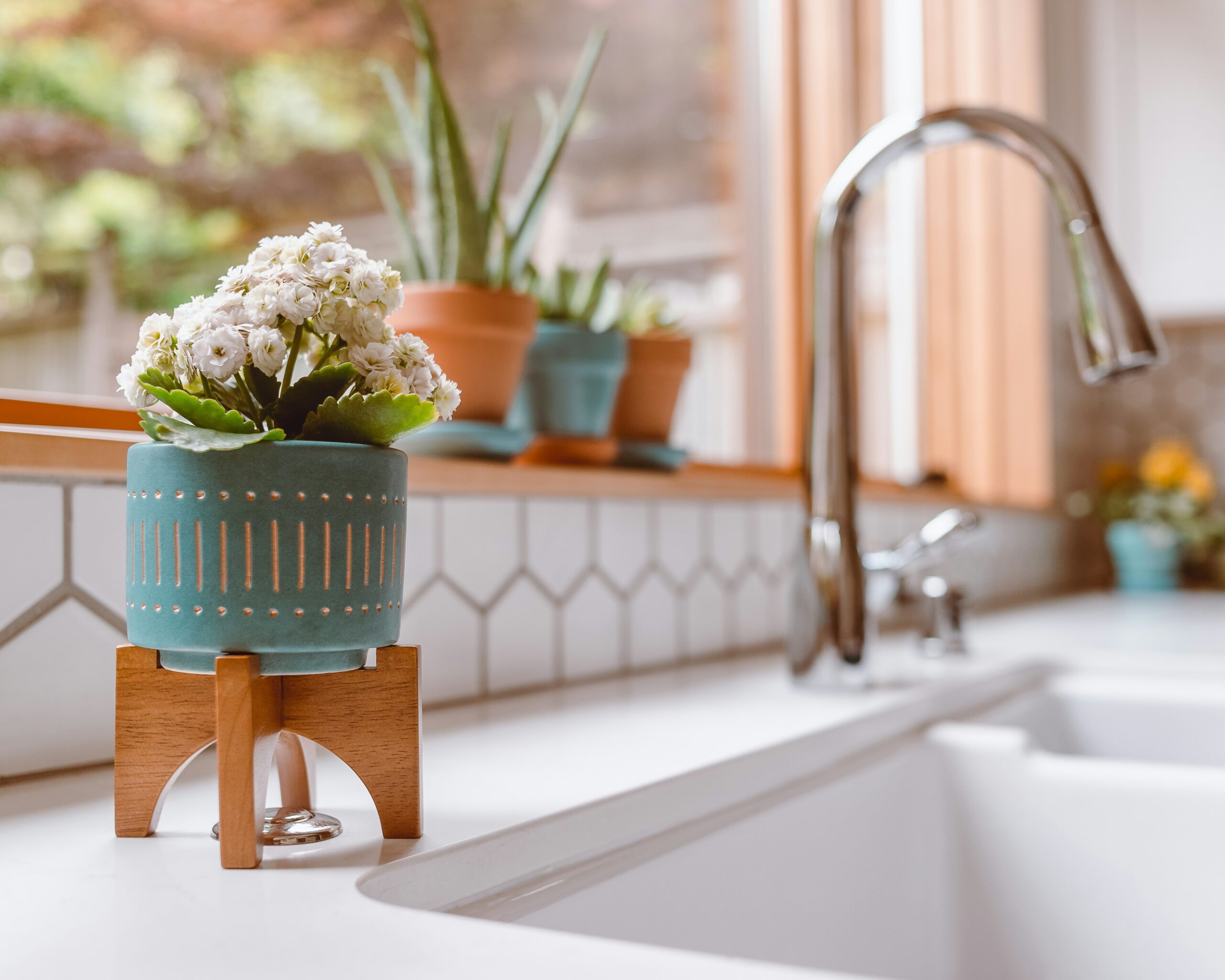
What To Do When Your Drain is Clogged
Now that you know what happens when you pour grease down the drain, it’s important to understand what to do if it is clogged. Sometimes, what seems like a clogged drain might actually be something else. Before attempting any repairs, make sure the drain truly needs fixing. Here are some signs that indicate your drain is clogged:
- It drains slowly
- You notice standing water in the sink
- You hear gurgling sounds
- You notice a foul odor coming from the sink
If you confirm that your drain is indeed clogged, don’t panic. There are a few things you can try to remedy the situation before calling in a professional:

Three Words: Soap and Water
Sometimes, the simplest solutions are the most effective. When it comes to clearing a clogged drain, a combination of hot water and dish soap can often do the trick.
To tackle the clog, start by pouring a generous amount of dish soap down the drain. Then, carefully pour a kettle of boiling water down the drain to help break down and flush away the grease.
Remember that while this method works well for minor clogs, it may not be enough for more severe blockages. If the clog persists, you might need to try a different approach or consider calling in a professional for assistance.
Use Baking Soda and Vinegar
Baking soda and vinegar are a classic household combination that can be used to tackle various cleaning tasks, including clearing clogged drains.
Using this method is as simple as it gets. Start by pouring half a cup of baking soda down the drain, followed by half a cup of vinegar. You’ll notice the mixture starts to fizz—that’s a good sign that it’s working. Let the fizzing action do its magic for three to four minutes, then flush it down with hot water to clear the clog.
This method is effective for minor clogs, but for tougher blockages, you might need to explore other solutions.
popular posts
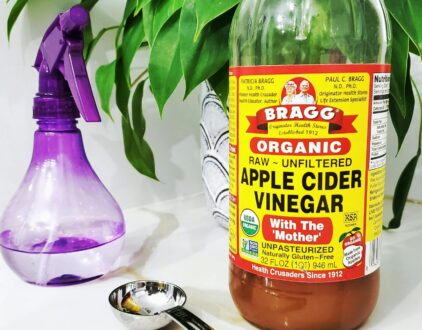
It's A Natural Weed Killer, But Will Vinegar Kill Grass, Too?
by Emmanuel Desouza | November 1, 2024

7 Noise-Minimizing Products To Shop for a Quiet Home
by Brittni Williams | April 4, 2024
Spaces
Whether it’s luxury or ease, every area of your home should be as fabulous and unique as you.
FOLLOW ALONG ON INSTAGRAM
#homeandtexture
Find us on social for more home inspiration where culture, personal style, and sophisticated shopping intersect to help you create a home where you love to live.


